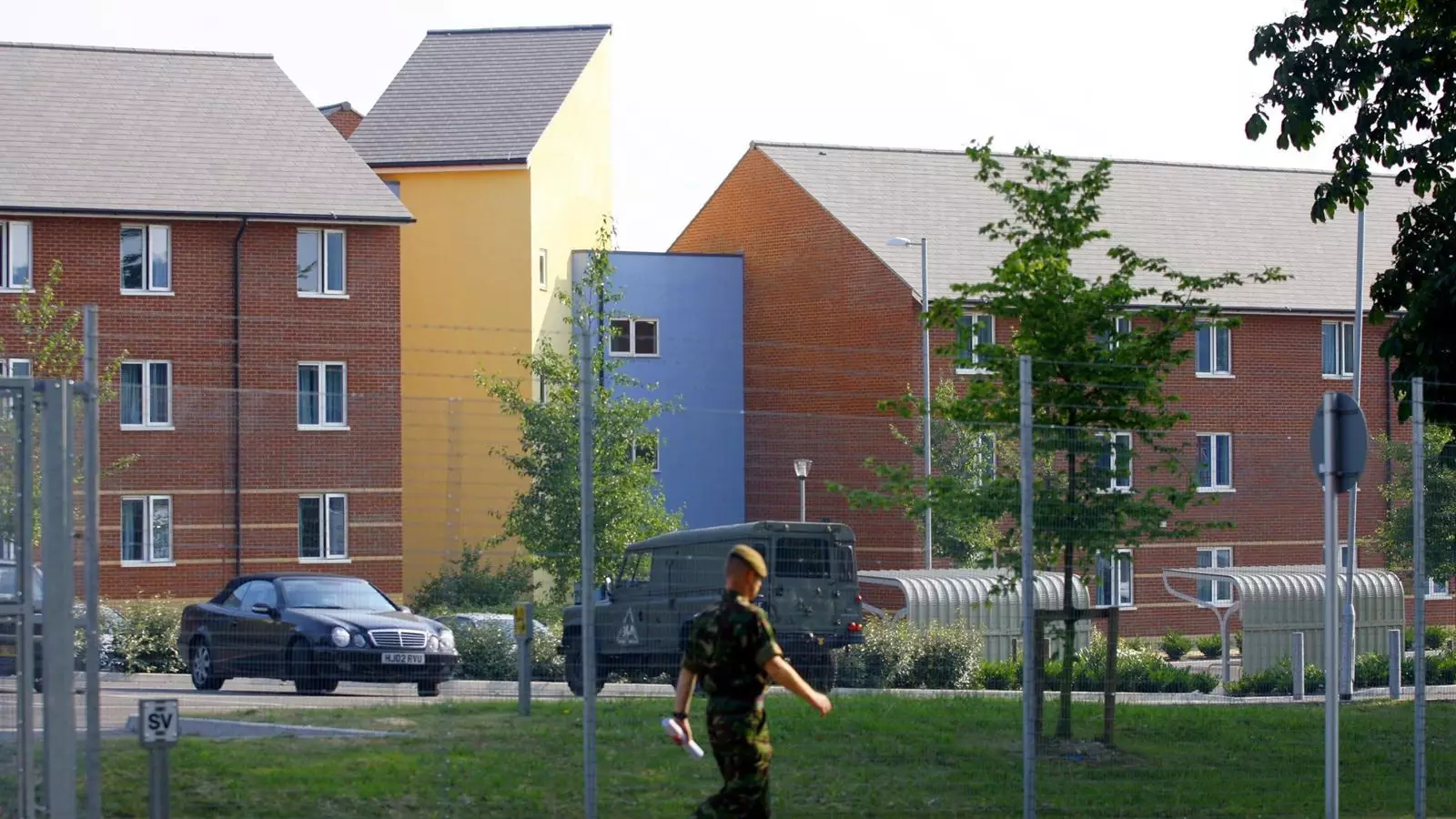The Ministry of Defence recently announced that they will be pausing new military housing plans after facing significant backlash over the updated rules on entitlement. Andrew Murrison, a defence minister, stated that the MoD would be halting the rollout of the policy related to Service Family Accommodation as a response to feedback received and a thorough review conducted. This decision includes the postponement of the needs-based allocation and the temporary widening of entitlement.
According to reports, defence sources raised concerns that officers might resign due to the proposed changes in the rules for subsidised housing provided to personnel in the British Army, Royal Navy, Royal Air Force, and their families. The modifications in the housing offer, such as the downgrading of housing for a lieutenant colonel or colonel, were met with resistance as the military transitions to assigning homes based on needs rather than rank. The initial implementation of these changes was scheduled for the following month.
While the new policy on military housing entitlement is being reassessed, the MoD will proceed with initiatives aimed at enhancing Single Living Accommodation standards, assisting military personnel in homeownership by reimbursing up to £1,500 in expenses, and providing personnel with more autonomy in their living arrangements. With an additional £200m investment, the MoD’s Modernised Accommodation Offer (MAO) is designed to offer greater flexibility to armed forces members. The statement by Mr. Murrison also highlighted a £4bn commitment for accommodation upgrades and new living quarters construction over the next decade.
In response to the proposed changes, an online petition urging a review of the “new accommodation offer” has garnered over 7,400 signatures by mid-February. Concerns have been raised regarding the potential impact on armed forces retention rates if the policy is implemented unchanged, potentially diminishing the capability of the armed forces in the short and long terms. While the transition to needs-based housing allocation was generally welcomed, many officers expressed apprehension about the potential downgrade in the type of housing they are entitled to after a three-year transition period.
Under the existing system, a lieutenant colonel or colonel, along with their partner and two children, would be entitled to a four-to-five bedroom house spanning 155.5 square metres. Conversely, a major, a rank lower than a lieutenant colonel or colonel, with a partner and two children, would be allocated a four-bedroom house covering 137 square metres. The proposed changes would shift towards allocating housing based on the number of bedrooms required, meaning higher-ranking officers may experience a reduction in their housing allocation without any compensation for the loss of space.
The Ministry of Defence’s decision to pause new military housing plans reflects the importance of considering feedback and conducting thorough reviews before implementing significant policy changes. The concerns raised by defence sources and the public highlight the need for a balanced approach to housing entitlement in the armed forces to ensure the well-being and satisfaction of military personnel and their families.


Leave a Reply